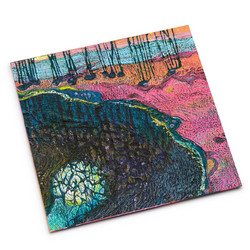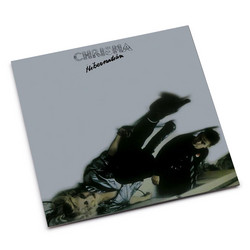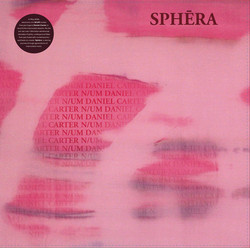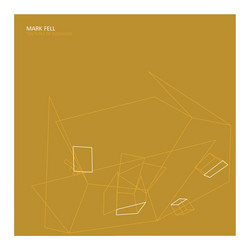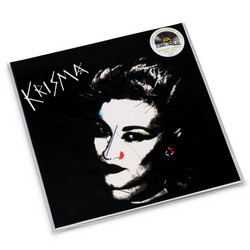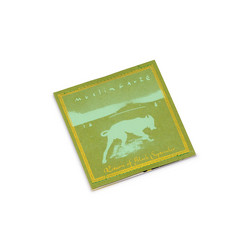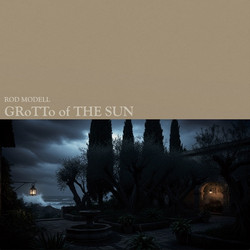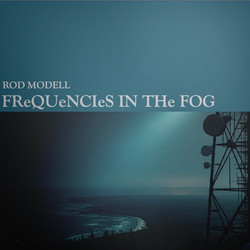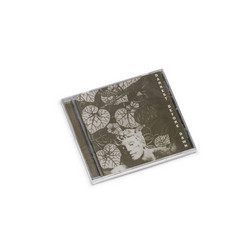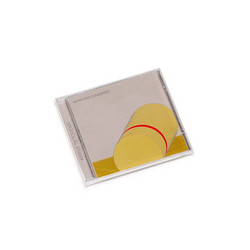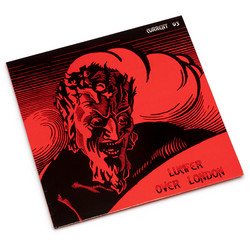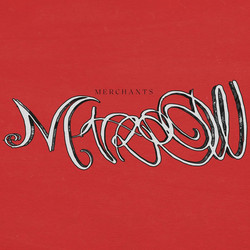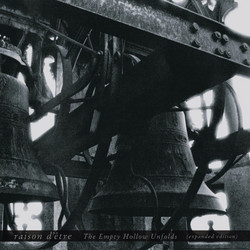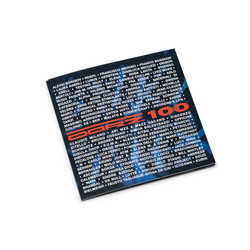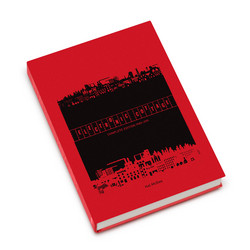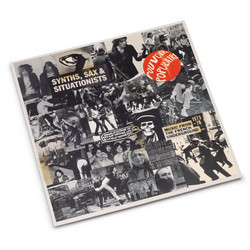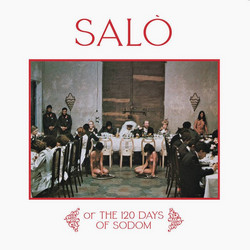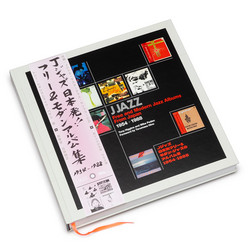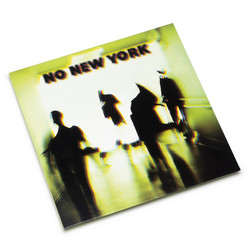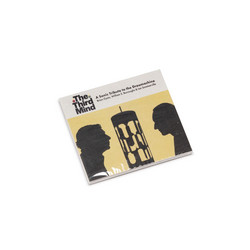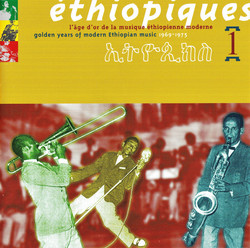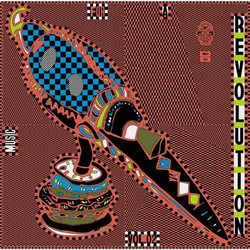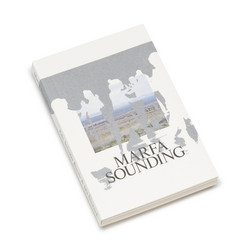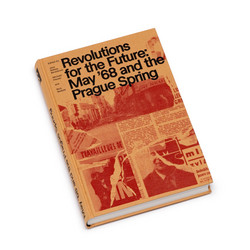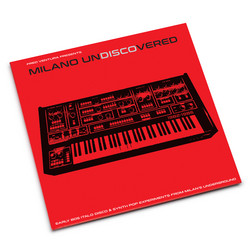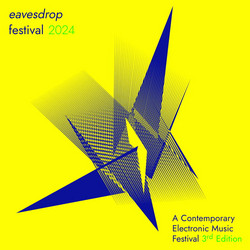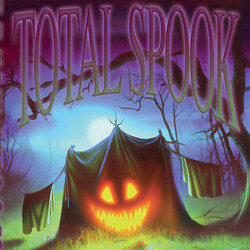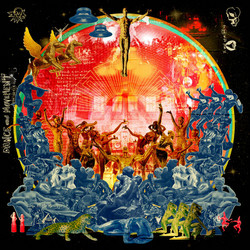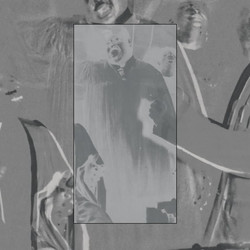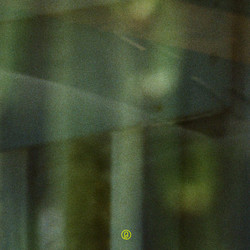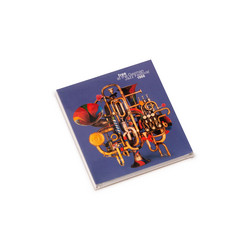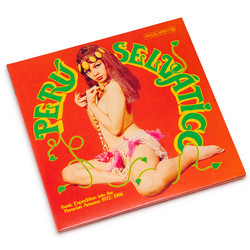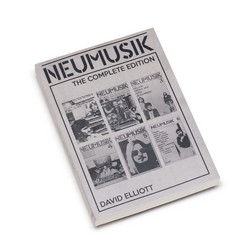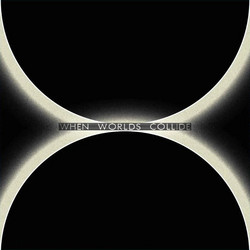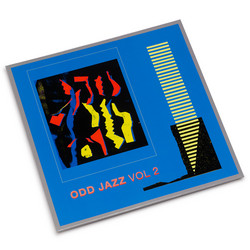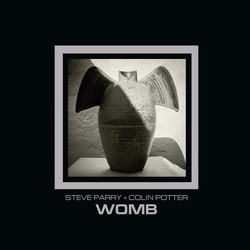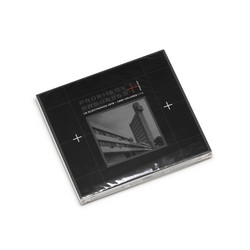2025 stock Peripheral Minimal is proud to present, ‘V/A Prophecy + Progress: UK Electronics 1978 – 1990 LP’, a thirteen-track compilation that represents the burgeoning Electronic music scene in the UK. This isn’t simply another synthpop compilation, or some nostalgic frippery, but an eclectic mix of acts that were experimenting with newly available technology at a time when the punk scene had imploded and the music press was busy coining new genres as an attempt to continue its legacy, although synth-pop in part arose from punk rock, it abandoned punk's emphasis on authenticity and often pursued a deliberate artificiality, drawing on the critically derided forms such as disco and glam rock. Although electronic experimentation had been explored in the decades before, it was still considered ‘alien’, "eerie, sterile, and vaguely menacing", and even downright, ‘austere and fascistic’.
It may have taken the likes of Gary Numan or Depeche Mode et al to switch the record buying public to synthesizer music, but bubbling underground were a myriad of experimenters recording in relative secrecy in Industrial cities like Sheffield or post-war London, at a time when the Tories came back into power and utterly altered the political landscape, and produced a generation of, ‘Thatcher’s Children’ (selfish, arrogant and materialistic). The antidote seemed to be quiet rebellion in the shape of dark and alienating soundscapes by acts that are now considered ‘pioneers’, or achieving cult status, in a new era of throwaway pop and trite ‘new wave’ impersonators.
Many of the acts herein will be familiar with followers of synth or industrial music, some perhaps lesser known. We’ve also included slightly ‘later’ works by artists that were already firmly established in the early 80s as a comparison, and for the pure arrogance of it. It’s an attempt to rekindle those heady days of experimentation and to encourage new generations to rebel and forgo the fashionable posturing that comes with anything vaguely ‘interesting’. Out in clubland having fun…
“These were exciting times, with clubs like the Blitz and Studio 21 opening in London in the late 70’s moving away from the Punk nihilism into hedonism. In the clubs a mix of creative people mingled, partied and enjoyed looking good, no matter what the cost, despite not having much money. This was an escape from the realities of life and the chance to have fun…
Punk had given a voice and an outlet to the UK’s young people, who rejected the corporate control of music and paved the way for an explosion of creativity. Influenced by Punk and the “why not, so what “attitude some started to experiment with the newly available analogue synthesizers and taking them out of studios and into live performance.
At venues the sound engineers did not know how to mix the sound for the electronic bands, as they were not conforming to the norms of band format; using sequencers, synths, rhythm tapes, drum machines, projectors and at times being even more aggressive than Punk bands.
This was creativity in action and musical reviewers were initially not very supportive and at times rude / dismissive of electronic bands, even though they were playing live, with temperamental and technically challenging equipment. There were no limits to creativity, no genre, no clique, just music, with new exciting technologies, with more and more coming out. So, the revolution began.”
Tony Mayo – Naked Lunch (10th June 2018)
